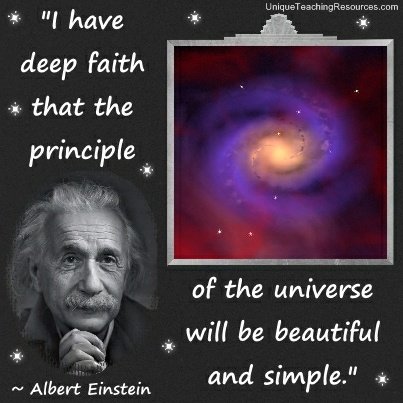The theme of last Sunday (Feast of the Transfiguration, Year A) is back again: “Do not be afraid…”
Yet, the situation described in today’s gospel (19th Sunday of Year A – Mt.14:22-33) is quite frightening!
A storm on the lake and the apparition of… a mysterious being walking on the water – this is most unusual and rather scary, even for grown-up fishermen like the Apostles.
After the multiplication of the loaves, Jesus had stayed behind to send back the people.
He had remained on his own to pray.
An unexpected storm is raging and the apostles are alone.
They feel insecure and they struggle to face a situation which they seem unable to control.
The strange being moving in the distance does not reassure them in any way.
Then, they hear the voice they know well: that of Jesus himself telling them, yes, not to be afraid!
As usual, the first to react is Peter who utters a request typically true-to-character:
“Lord, if it is you, tell me to come to you across the water.”
We know the rest!
Peter has somehow put Jesus to the test and… Jesus took him to his word.
But the test was, in fact, one of Peter’s faith!
The struggle on the lake was between the strength of the fishermen and that of the waves, of course,
But it was also a struggle between doubt and faith…
A struggle between fear and trust…
A struggle between relying on oneself and… on someone else – the one who calls to us.
And the answer needs to be repeated day in day out, on a stormy day as well as when the sun shines bright!

 « To speak or not to speak: that is the question”, some would say…
« To speak or not to speak: that is the question”, some would say…




